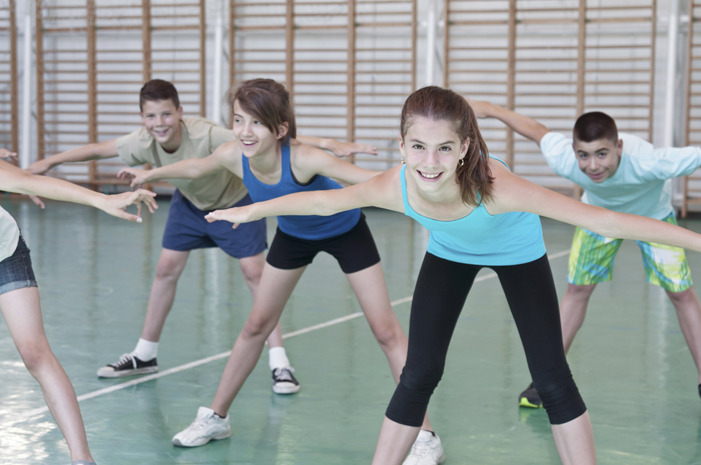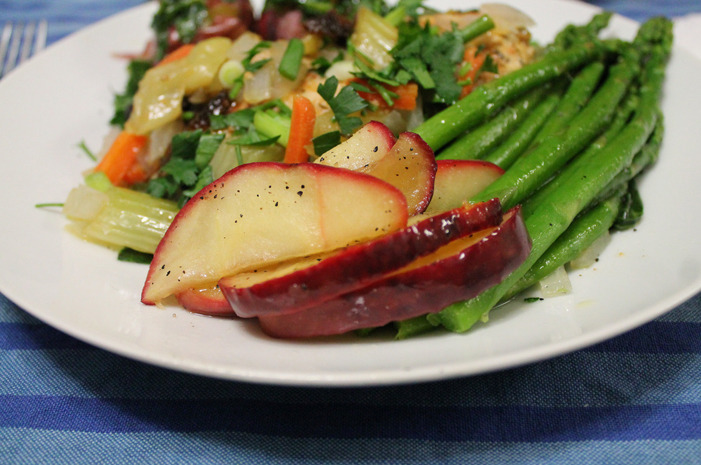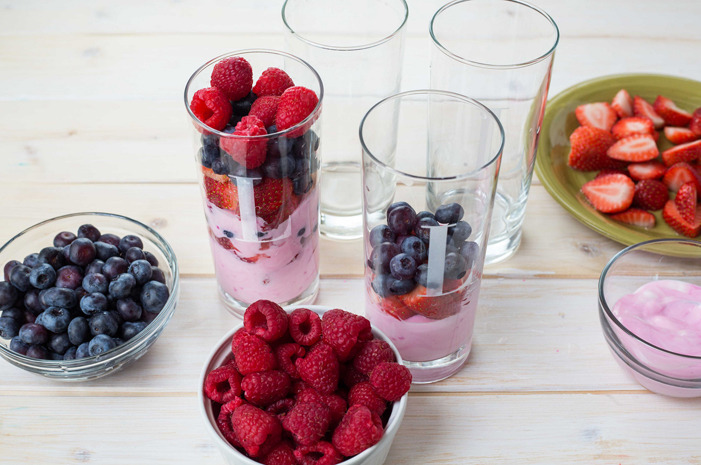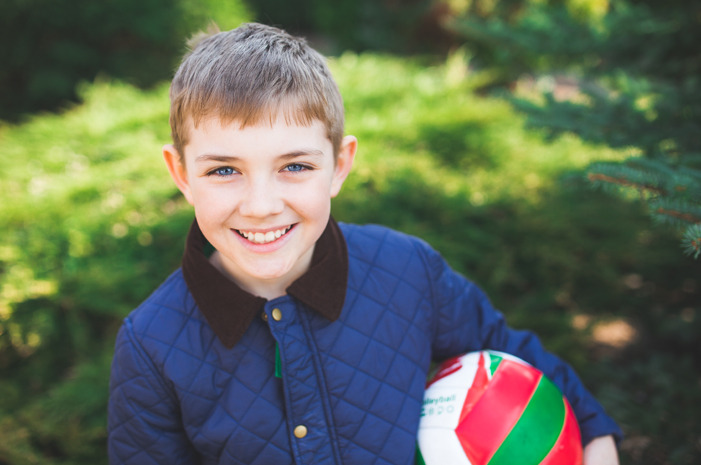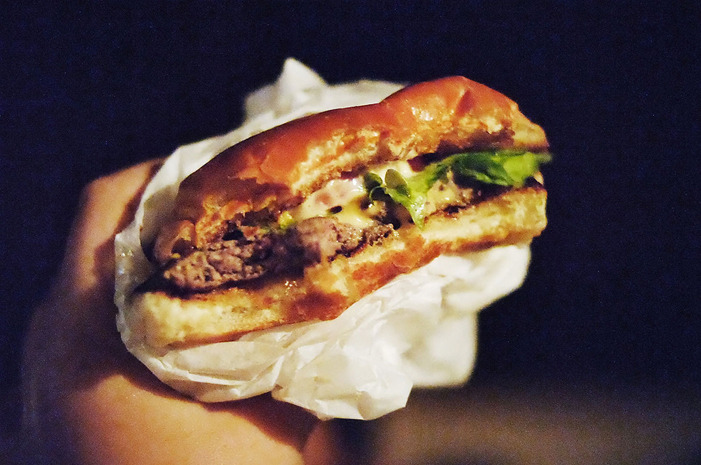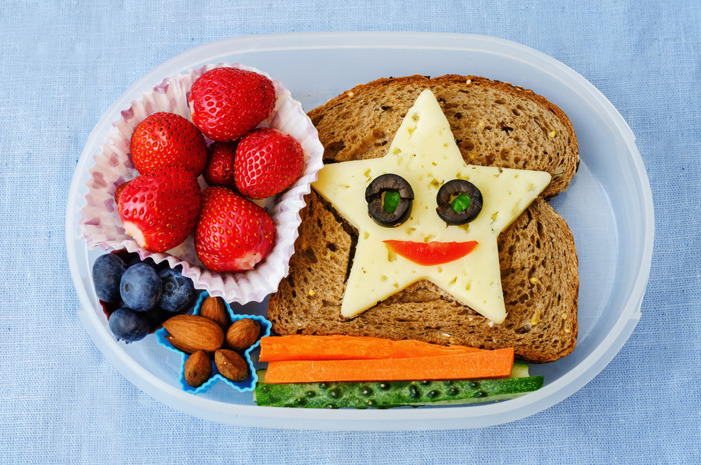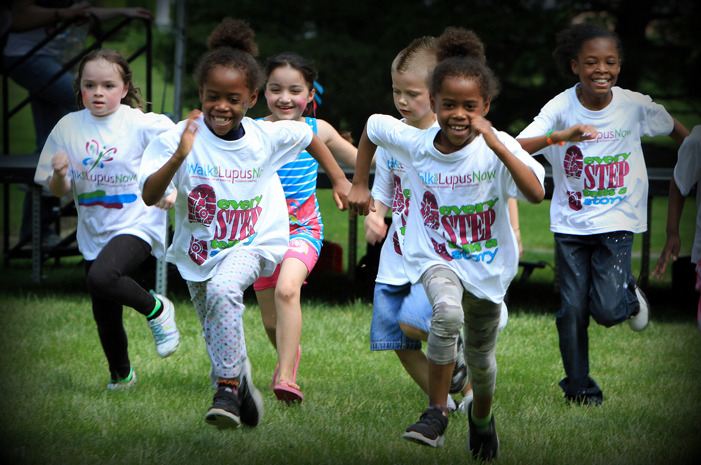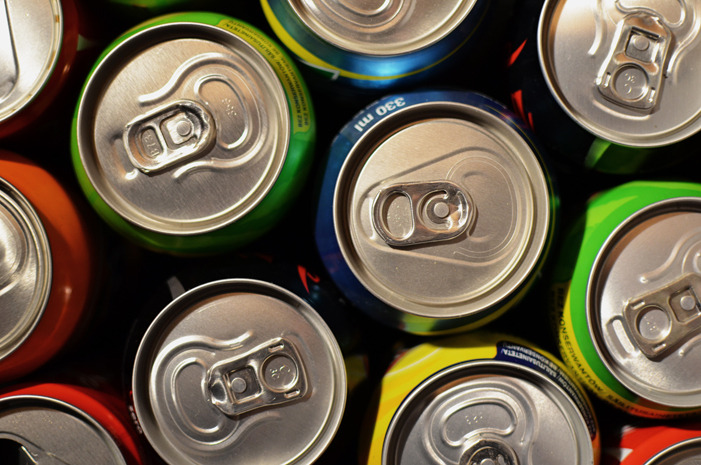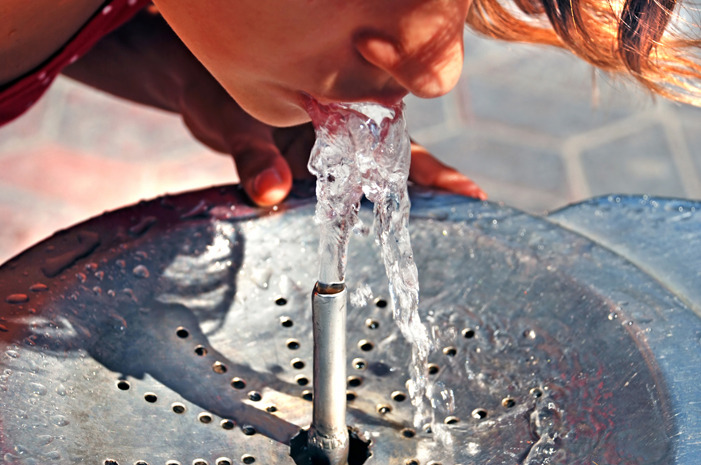10 Things You Must Teach Your Kids About Food And Exercise
Health starts in the home, and when it comes to the nutrition and exercise habits of your children, you should expect them to follow your example. "The job of a parent is to not only physically take care of them, but to teach them, and to give them the tools they need to make sound decisions," said Kristi King, spokesperson for the Academy of Nutrition and Dietetics. "Having open communication and discussion regarding healthy lifestyle behaviors is essential in helping children to develop a foundation for the future. This ensures they have the knowledge and ability to take care of themselves once they are no longer in the home."
Do Things That Work For You
When it comes to physical and mental health, you cannot compare yourself; do what is best for you. "Everybody is different and what works for your friend or even your sibling may not work for you," King said. "Focus on you and your body's needs so that you can be healthy and strong."
Fill Half Your Plate With Vegetables
"Check out Choose My Plate for more guidance, but by making sure half your plate is vegetables you will get vitamins and minerals which are essential in making your body function," King said. "You will also get fiber which we need for heart health, gut health, and to make us feel full."
Keep Healthy Snacks Handy
"Snacks play an important role in helping us to meet all of our nutrient needs," King said. "They should consist of one to two food groups, such as dairy and fruit or protein and grains, and should be between 100 to 200 calories."
Limit Screen Time
"Limit the time spent in front of the TV, playing video games, or on your phones," King said. "You should be in front of a screen no more than two hours per day. If you think you'll be bored, try helping in the kitchen, going to the park, or doing homework."
Make Healthy Choices When Dining Out
"You can eat out, but try not to go crazy," King said. "Continue to aim for balance during your meals. If you want a cheeseburger, try a side salad to go with it. If you want French fries, try a grilled chicken sandwich or grilled chicken salad as your main entrée."
Never Skip Meals
Educating your kids on the importance of balanced meals and fueling the body throughout the day is very important. "We want to make sure that our bodies get enough fuel for the entire day, so we want to spread our food out to keep our energy up," King said. "Skipping meals can make you cranky, irritable, tired, and lethargic. Not to mention, you tend to eat more at the next meal you actually do consume, so then you become at risk for overeating."
Prepare for Special Occasions
"We all have birthdays, holidays, and other days during the year in which we celebrate with lots of food," King said. "When you know one of these is coming up, try doing some extra physical activity to balance our calorie intake. Also, practice moderation by eating only one piece of cake instead of the whole cake!"
Stay Active
Exercise is just as important as maintaining a healthy diet. "Physical activity should be fun and since you need to move your body for 60 minutes each day, look for fun things you like to do," King said. "Some examples include playing in the park, riding your bike, turning on the music at home and dancing. Getting siblings, parents, and friends involved also make it more fun. The more the merrier!"
Stay Away from Sweetened Beverages
"Try to avoid getting extra calories from sugar-sweetened drinks," King said. "Save these for special occasions. On a daily basis, consume water, milk, unsweetened iced tea, or other sugar-free beverages."
Stay Hydrated
"Making sure you are hydrated is so important," King said. "Consuming adequate amounts of water will help you to feel full and also help your bathroom habits be more regular. Try to consume at least one 16-ounce water bottle at least three times per day. You should drink even more if you are active in sports."

